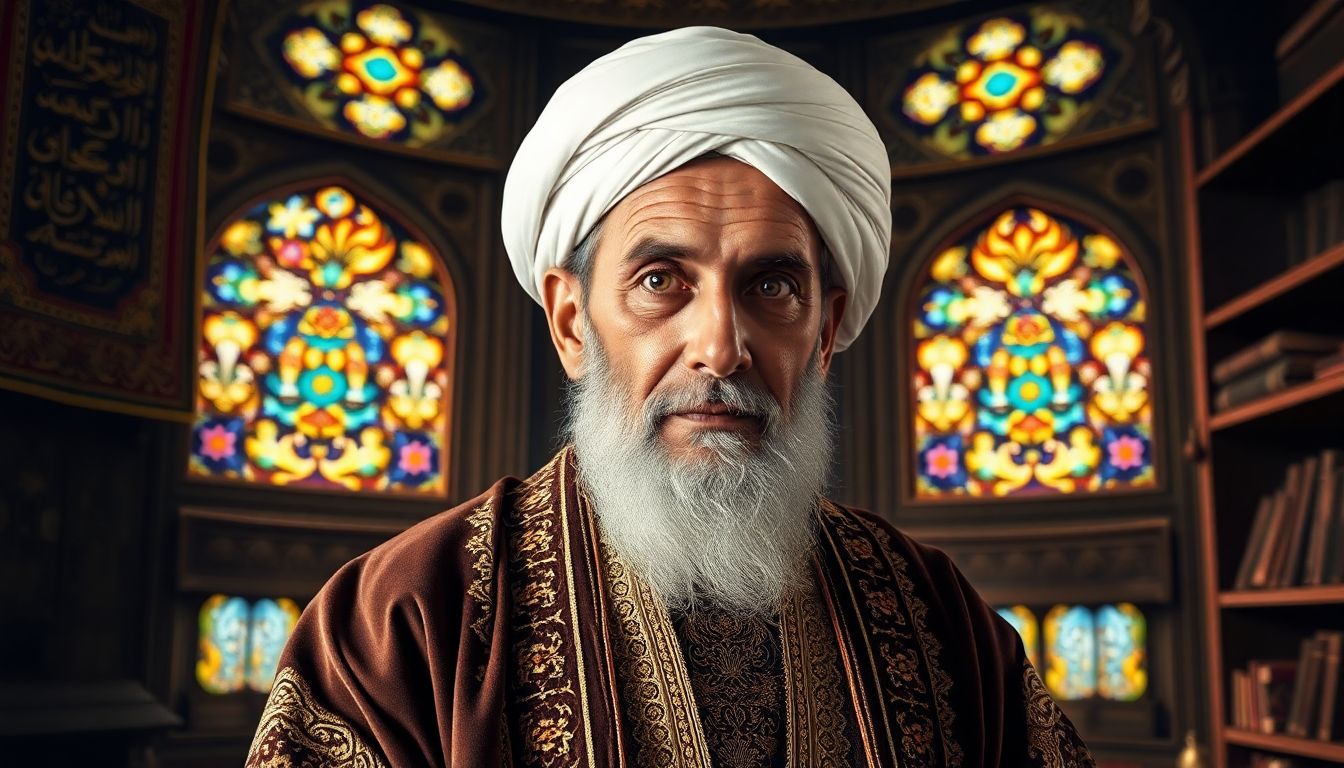
Top Islamic Scholars: A Comprehensive Guide to Influential Figures in Islamic History and Contemporary Thought
Introduction
Islamic scholars have shaped the way Muslims practice their faith and understanding of life. They help interpret divine teachings and pass them down through generations. From the earliest days of Islam to today, these scholars have played key roles in creating cultural, social, and spiritual connections. Knowing about top Islamic scholars helps us better appreciate their influence and find trustworthy sources for our spiritual growth.
The Role and Significance of Islamic Scholars
Historical Importance of Islamic Scholars
Throughout history, Islamic scholars have preserved and interpreted the Quran and Hadith. Their work laid the foundation for Islamic law, known as Fiqh, and beliefs, called Aqidah. These figures guided communities, resolved conflicts, and maintained unity within the Muslim world. Without them, our understanding of Islam today would be incomplete.
Contemporary Influence of Islamic Scholars
Today, scholars continue to shape modern Islamic life. They answer questions about religion in a changing world and help address social issues. Many scholars also participate in interfaith dialogue, promoting understanding among different religions. They use their voices to oppose extremism and promote peace.
Notable Islamic Scholars Throughout History
The Prophetic and Early Caliphate Era
The first influential figures include Prophet Muhammad and the four rightly-guided caliphs—Abu Bakr, Umar ibn Al-Khattab, Uthman ibn Affan, and Ali ibn Abi Talib. They laid the groundwork for Islamic law and community leadership. Their lives serve as a model for righteous practice and justice.
Classical Scholars and Jurists
Renowned scholars such as Imam Abu Hanifa, Imam Malik, Imam Shafi’i, and Imam Ahmad ibn Hanbal are known for developing the four major Sunni schools of law. Their approaches shaped how Muslims interpret religious texts and practice their faith. Each created unique methods—like reasoning, tradition, or consensus—that affect Muslim life even now.
Medieval Islamic Scholars
During the Middle Ages, scholars like Al-Ghazali, Ibn Taymiyyah, and Ibn Khaldun expanded ideas on theology, philosophy, and social sciences. Al-Ghazali blended Sufism with mainstream Islam, influencing spiritual practices. Ibn Taymiyyah challenged some existing views, leading to important discussions on Islam’s core principles. Ibn Khaldun created pioneering work on history and society, impacting social sciences worldwide.
Modern Renowned Islamic Scholars
In recent times, scholars such as Sheikh Yusuf al-Qaradawi, Dr. Zakir Naik, and Sheikh Abdul Hamid Al-Afghani have helped shape modern Islamic thought. They speak on topics like politics, interfaith relations, and religion’s role in society. Their efforts reach millions worldwide through media, lectures, and books, making their influence felt across diverse communities.
Key Qualities and Contributions of Top Islamic Scholars
Deep Religious Knowledge and Piety
Great scholars show a deep understanding of Islamic sciences and live with sincerity. Their personal integrity enhances their teachings, inspiring trust and respect.
Bridging Tradition and Modernity
Top scholars find ways to apply traditional teachings to new challenges. They adapt Islamic principles thoughtfully, making religion relevant today without losing its core message.
Promoting Interfaith and Intercultural Dialogue
Many scholars actively engage in conversations with different religious groups. This helps reduce misunderstandings and foster respect among diverse communities.
Educational and Outreach Initiatives
Scholars often run universities, seminars, and media programs. These efforts educate millions and help spread authentic Islamic teachings worldwide.
Challenges Faced by Islamic Scholars Today
Political and Social Pressures
Some scholars face restrictions or threats from governments or radicals. They must navigate complex environments to keep spreading true Islamic knowledge.
Religious Misinterpretations and Misuse
Extremists often misuse Islamic texts to justify violence. Scholars work to combat these misguidances and clarify proper understanding.
Balancing Tradition and Modern Challenges
Modern issues like gender roles, technology, and globalization bring tough questions. Scholars must find balanced solutions rooted in Islamic values.
How to Identify and Follow Influential Islamic Scholars
Criteria for Recognizing Legitimate and Knowledgeable Scholars
Look for scholars with clear credentials, respectful reputation, and adherence to authentic traditions. Avoid those who promote extremism or promote their own interests.
Resources to Learn from Respected Scholars
Use trusted institutions, official online platforms, and academic publications. These sources offer reliable and balanced information on Islamic teachings.
Tips for Critical Engagement
Always verify what you hear or read. Consider the context and seek multiple perspectives. Think critically to avoid falling for misinformation.
Conclusion
Islamic scholars have shaped the faith’s history and continue to impact today’s world. Their contributions help us understand Islam better and guide us toward righteousness. Exploring their lives and teachings can strengthen our faith and promote unity among Muslims. Keep learning from trusted sources and stay connected with authentic scholars for genuine guidance.
Comments
Post a Comment